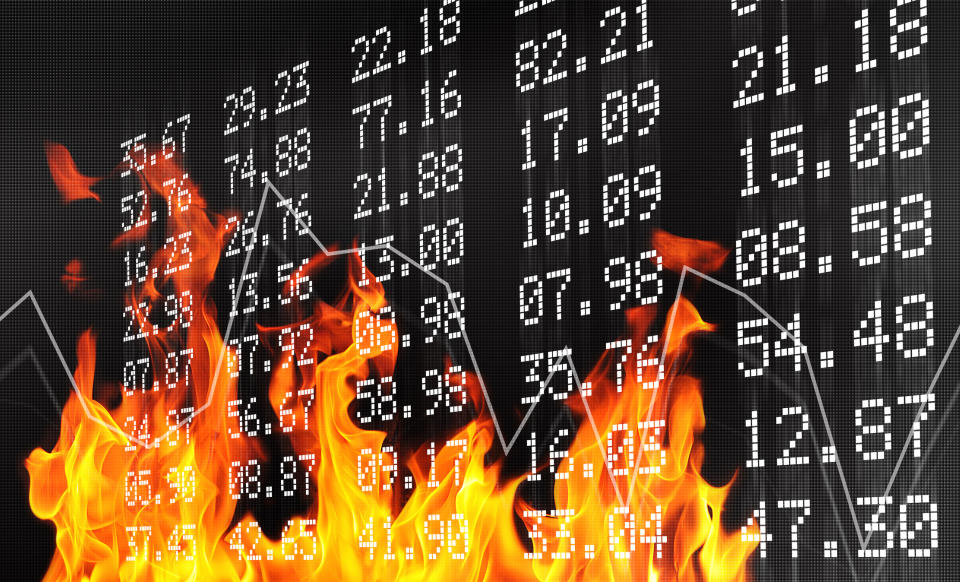Experts predicting another GFC in next five years

It’s been a tumultuous year for global share markets, but experts believe the worst is yet to come, new research shows.
In a survey of 500 institutional investors across the globe, 83 per cent of respondents said they expect a global financial crisis within the next five years - and a whopping 89 per cent of respondents cited record levels of public debt as the main trigger.
According to The Economist, global public debt levels topple $60 trillion, with Australia responsible for $401 billion of that figure, and the US around $16 trillion.
Also read: Has Australia had a hidden recession? Peter Costello thinks so
Also read: Man who predicted GFC demands wealth cap
Also read: Man who predicted 9/11 and the GFC reveals what’s next
A recent Deutsche Bank analysis revealed the world’s major economies have debts, on average, of more than 70 per cent of Gross Domestic Product (GDP) - the highest level in 150 years, bar a spike around the second world war.
As well as challenging public finances, experts are also keeping an eye on the global political environment.
Around 69 per cent of respondents agreed that foreign interference in elections in becoming an increasing problem globally, while 64 per cent believe the US presidential election campaign is likely to be a major source of market volatility around the world.
“Australian investors understand that uncertainty in global politics make all markets more volatile and that the current ‘lower for longer’ interest rate environment will make their hunt for yield challenging,” Natixis Investment Managers’ head of distribution said.
“While global growth is likely to remain slow, they are aware it will take time and are patiently waiting to see which trends will actually play out in the year ahead.”
Outlook for markets over 2020
However, AMP Capital chief economist Shane Oliver believes the ‘Santa Claus rally’ at this time of year should see positive share markets heading into 2020.
Over the next six to 12 months, Oliver expects global growth to improve and monetary policy to ease, which should support decent gains for shares across that period.
The election outcome, rate cuts, tax cuts and the removal of the 7 per cent mortgage rate test are driving a rebound in national average capital city home prices led by Sydney and Melbourne, but it’s unlikely to last, according to Oliver.
“Beyond an initial bounce which could run into first half next year, home price gains are likely to be constrained through this latest upcycle as lending standards remain tight and rising unemployment acts as a constraint.
“The risk though is that the recent surge in prices goes on for longer as property price gains in Australia have a habit of feeding on themselves.”
Make your money work with Yahoo Finance’s daily newsletter. Sign up here and stay on top of the latest money, news and tech news.

 Yahoo Finance
Yahoo Finance 